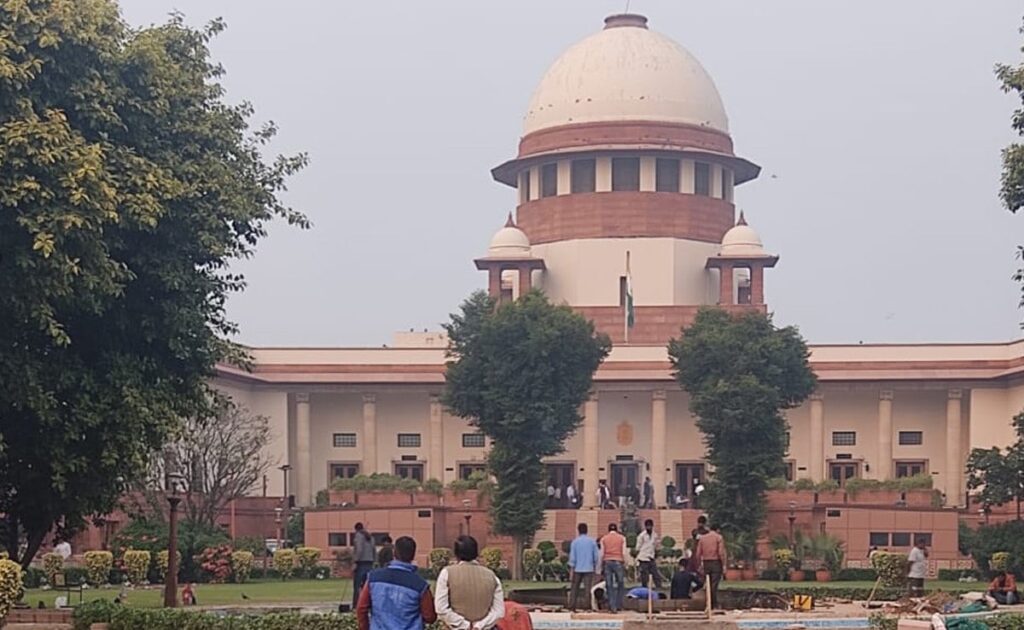Guidelines on Search Of Journalists’ Digital Devices Soon, Supreme Court Told


The Supreme Court was hearing a PIL filed by the Foundation for Media Professionals (File)
New Delhi:
The Centre assured the Supreme Court on Wednesday that guidelines would be framed soon to regulate the seizure of phones or other digital devices belonging to individuals, particularly media professionals.
A bench of Justices Sanjay Kishan Kaul and Sudhanshu Dhulia was informed by Additional Solicitor General (ASG) SV Raju that a committee has been formed and the central government would require more time to formulate the guidelines.
The bench, however, questioned the two-year delay by the government since the filing of the petition before it and said, “When did we issue notice? Some time frame has to be followed. Two years have passed.”
ASG assured the top court that the guidelines would be ready by the next week.
“Get it done,” the bench said, posting the matter for hearing on December 14.
Senior advocate Nitya Ramakrishnan, appearing for the petitioners, urged the top court for an urgent need for guidelines and suggested that copies of necessary data on devices could be taken instead of seizing the entire content.
300 journalists were raided in the recent Newsclick case, Mr Ramakrishnan claimed.
On the last hearing, the top court remarked that there should be guidelines in place to govern the search and seizure of phones or other digital devices, and media professionals could have confidential information or details about their sources on their devices.
The top court was hearing a PIL filed by the Foundation for Media Professionals urging the court to establish safeguards against unreasonable interference by law enforcement agencies and create comprehensive guidelines for the search and seizure of digital devices.
The petition has stated the increasing reliance on personal digital devices by media professionals for their journalistic work, which often involves handling “confidential information of public value, private correspondence with sources and whistle-blowers, and remote collaboration to break news stories in the public interest.”.
It has been argued that the petitioner has a specific interest in advocating for adequate legal safeguards for the right to privacy in the digital space.
(Except for the headline, this story has not been edited by NDTV staff and is published from a syndicated feed.)








